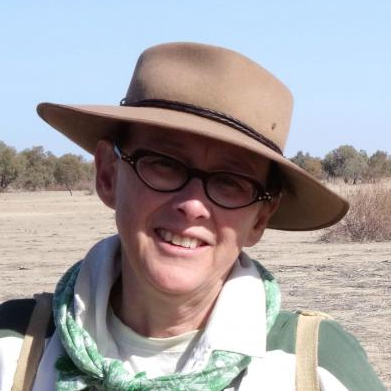Cancer cells have ways to avoid destruction by displaying proteins on their surface that turn off the body’s immune cells, or adopting genetic changes to make them less visible to the immune system, or interfering with how the immune system responds to cancer cells in other ways. Immunotherapy helps the immune system overcome these hurdles to better fight cancer.
Metabolism – it’s how the food we eat gets turned into energy, and surprisingly it’s a lot like a train network. Your metabolism is a series of interconnected chemical reactions that have a beginning and a destination. At each “stop”, a reaction is carried out by an enzyme, the chemical catalysts of the body, to allow the process to keep moving along the path. But much like a train network, it doesn’t always run.
The ability of our cells to send and receive signals is vital to the health of our bodies. When communication is disrupted, disease often follows. Many therapeutic drugs are used to treat a range of diseases by targeting specific cell receptors – the proteins on the cell surface that receive messages. Restored communication lines can reestablish function. Dr Christopher Draper-Joyce investigates approaches for safer, improved therapeutics.
Victoria was the first Australian state to explore how to bring genomics into mainstream medicine and led the world by demonstrating where genomics outperformed other diagnostic tests. Ten years ago, leading hospitals, research and academic institutions committed to working together to offer genomic healthcare to all Victorians who need it, forming the Melbourne Genomics Health Alliance and committing to a multi-year program of change.
Coming into summer, how can we look after people who can’t stay cool in their own home during a heatwave? Greater Melbourne’s Regional Climate Change Adaptation Strategy funded a project called ‘Creating a Network of Safe Spaces for Extreme Heat Events’ to examine the activation of community buildings for vulnerable people within the Greater Melbourne Region.









